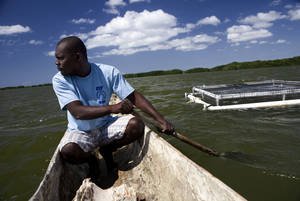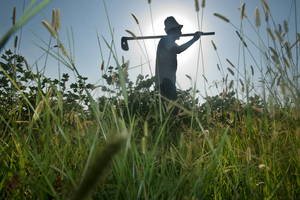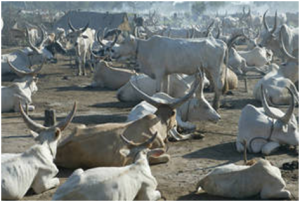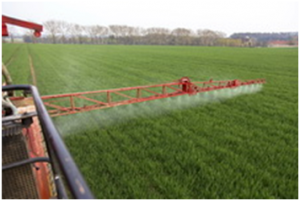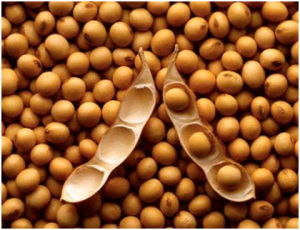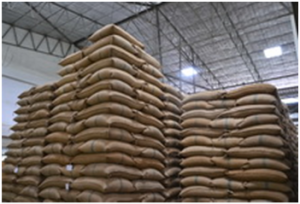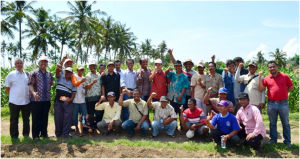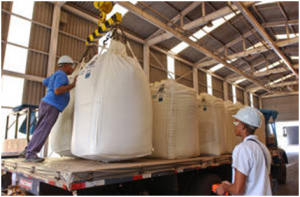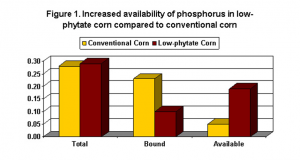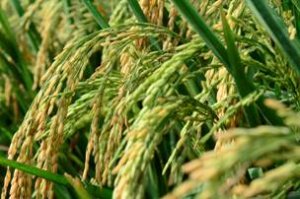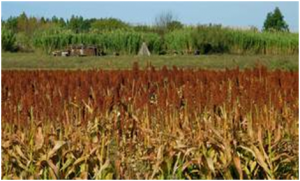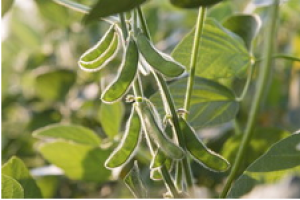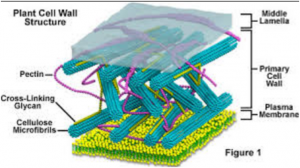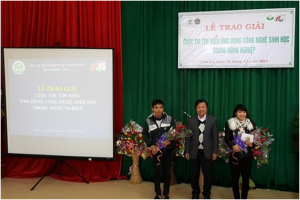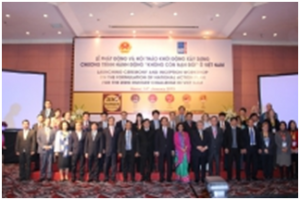|
Uncovering the truths about groundwater
Friday, 2022/03/25 | 08:07:17
|
|
IFAD Nes, 21 March 2022
Below our feet lies a hidden treasure.
It may be hundreds of metres below. Or it may be so close to the ground that it bubbles up to the surface.
This unseen treasure is groundwater: namely, the vast reservoirs of fresh water under the ground. It sustains ecosystems and provides food, drink and livelihoods for billions.
As climate patterns change with global heating, this reliable water source is becoming ever more important for food security and livelihoods.
This World Water Day, let’s talk about making the invisible visible.
What is groundwater and why does it matter for agriculture?
Groundwater exists in aquifers: layers of rock and sand that hold water like sponges and reservoirs. It is the source of many springs, streams, lakes, oases and wetlands.
Often, though not always, it’s freshwater. In fact, about 30 per cent of all the world’s freshwater – including 99 per cent of freshwater in liquid form – is underground.
Groundwater can be very accessible. Anyone living above an aquifer can, in principle, tap into it whenever it’s needed. Though it’s difficult to say exactly how much is used, it’s estimated that about 960 cubic kilometres were drawn worldwide in 2017.
About 70 per cent of this is used for irrigation. Especially in arid and semi-arid areas, many small-scale farmers depend on groundwater to irrigate crops year-round or supplement other water sources. Many use it for livestock, for processing farm products, and for drinking and cooking.
How can groundwater help with climate change adaptation and food security?
Water stress is one of the biggest risks rural communities face. About one-fourth of the global population lives in countries facing “extremely high water stress,” making it harder to grow enough food or earn enough income.
Lately, climate change is making things even worse. In many places, rising temperatures are increasing the need for water, while rainfall is becoming more unpredictable. It’s also making natural disasters more frequent and intense, raising the risk they will damage irrigation infrastructure or contaminate drinking water.
Groundwater can be a critical buffer, helping to secure the water supply when surface water sources fail. It can also serve as a source of clean water that helps to mitigate disasters for rural-dwellers. Even extreme events that feature too much water, such as floods, can be tapped to recharge and replenish groundwater.
But it’s critical that we use this invaluable resource sustainably.
So what’s wrong with using groundwater?
In principle, nothing: people have relied on springs, wells, qanats and oases for millennia. But problems arise when groundwater isn’t used sustainably – when it’s exploited faster than it can be recharged (even with man-made support), or when it’s wasted or contaminated.
These problems affect groundwater use in many aquifers, and agriculture, especially large-scale agriculture, is a major contributor.
Aquifers are recharged when water from the surface seeps into the soil. But poor management practices disrupt this process. When soils get degraded, their capacity to take in water decreases.
In some cases, more water may be pumped out than can be recharged. When it’s easy and inexpensive to extract groundwater, it’s also easy to extract more than needed. The water table sinks and sources of running water dry up, causing everyone to turn to the groundwater itself.
At that point, boreholes have to go deeper and extraction becomes more expensive. Ecosystems suffer, affecting biodiversity and local climates. Land may sink to fill the space of the missing water, causing damage aboveground and making it impossible for aquifers to refill.
All of these effects create urgency amongst users with competing needs, and can be the point at which customary forms of water governance start to fail.
While technologies exist to use and reuse water safely, they’re not always accessible to the world’s poorest rural-dwellers.
See more: https://www.ifad.org/en/web/latest/-/uncovering-the-truths-about-groundwater
|
|
|
|
[ Other News ]___________________________________________________
|


 Curently online :
Curently online :
 Total visitors :
Total visitors :
